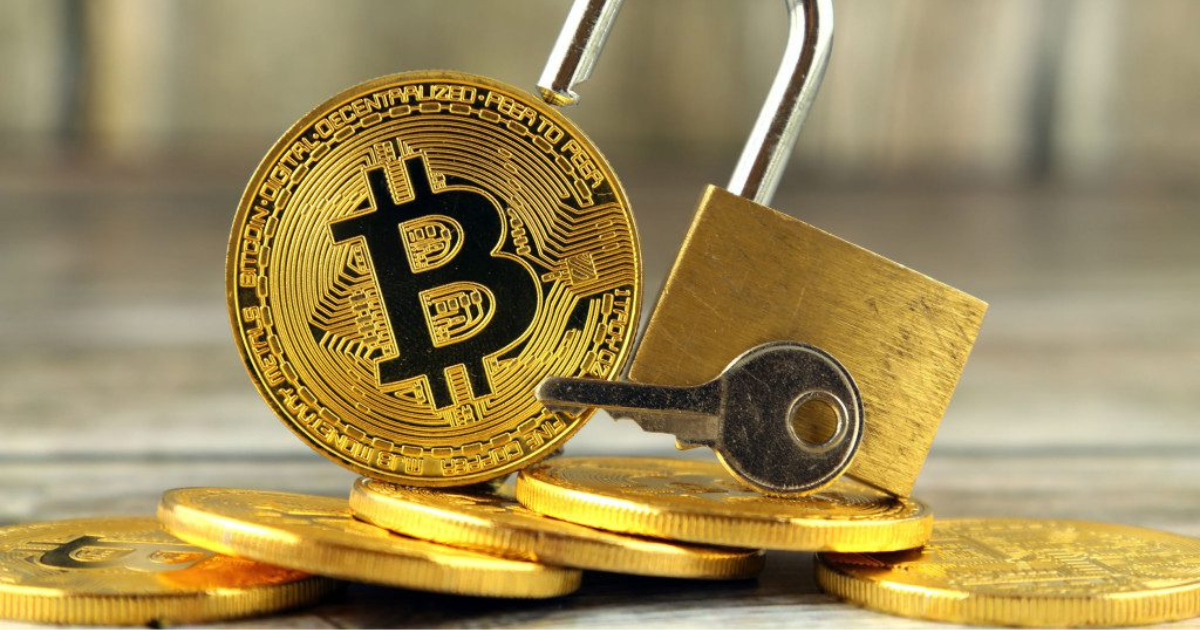In the world of cryptocurrency, one phrase often repeated is “not your keys, not your coins.” This highlights the importance of Bitcoin Self-Custody —
In the world of cryptocurrency, one phrase often repeated is “not your keys, not your coins.” This highlights the importance of Bitcoin Self-Custody — the practice of personally holding and controlling your private keys rather than leaving them on an exchange or third-party wallet. While the principle is simple in theory, in practice, achieving secure self-custody is far more complicated than most casual investors realize.
The Promise of Bitcoin Self-Custody
The idea behind self-custody is empowerment. By controlling your private keys, you have complete control over your Bitcoin without relying on centralized exchanges that could be hacked, go bankrupt, or freeze accounts. Self-custody allows for:
- True ownership of your assets
- Enhanced privacy and security
- Protection from exchange-related risks
- Freedom to transact anytime, anywhere
These benefits are compelling, especially as high-profile exchange hacks continue to make headlines. However, taking control of your Bitcoin comes with its own unique challenges.
The Challenges of True Self-Custody
While the concept is simple, managing your own private keys is easier said than done. Here are the main challenges:
1. Security Risks
When you self-custody your Bitcoin, the security of your assets rests entirely on you. If your private keys are lost, stolen, or exposed to malware, your Bitcoin can be permanently lost. Unlike banks or exchanges, there is no “customer support” to recover lost funds.
2. Complex Key Management
Bitcoin self-custody often requires understanding wallets, seed phrases, and cryptographic principles. Hardware wallets, software wallets, multisignature setups — each comes with its own learning curve and risks if not configured correctly.
3. Backup and Recovery
Proper backup is essential. Losing access to a hardware wallet, phone, or seed phrase without a backup can result in permanent loss of Bitcoin. Managing backups securely, while keeping them accessible in emergencies, is a delicate balance.
4. Human Error
Mistyped addresses, accidentally sending Bitcoin to the wrong network, or mishandling your keys are all real risks. Even experienced users occasionally make mistakes, which can be costly.
Solutions and Tools to Make Self-Custody Easier

Despite the challenges, there are tools and practices that can make Bitcoin Self-Custody more manageable:
- Hardware Wallets: Devices like Ledger and Trezor store private keys offline, reducing exposure to hacks.
- Multisignature Wallets: Requiring multiple keys to authorize a transaction, multisig setups enhance security.
- Seed Phrase Management: Using secure storage methods, such as metal backups or safe deposit boxes.
- Education: Learning the fundamentals of cryptography, wallets, and transaction safety is crucial.
- Professional Custody Services: Some services provide secure storage for a fee while allowing users to maintain control over their keys.
The Trade-Off Between Convenience and Security
One reason many users hesitate to adopt Bitcoin self-custody is convenience. Exchanges and online wallets offer easy access but at the cost of true ownership. Bitcoin Self-Custody requires discipline, technical understanding, and careful planning. It’s a trade-off between convenience and security that every holder must consider carefully.
Why It’s Worth the Effort
Despite the challenges, the benefits of self-custody are significant:
- You are fully in control of your wealth.
- Your Bitcoin cannot be seized or frozen by third parties.
- You strengthen your understanding of cryptocurrency security.
- You align with the foundational principles of Bitcoin: decentralization and personal sovereignty.
For long-term Bitcoin holders, mastering self-custody is not just a technical step — it’s a philosophical commitment to financial independence.
Conclusion
Bitcoin Self-Custody is much more than a buzzword; it is the cornerstone of true ownership in the cryptocurrency world. However, the path to secure self-custody is filled with pitfalls, from technical challenges to human error. It requires careful planning, proper tools, and ongoing education. While easier said than done, for those who commit to it, self-custody offers unmatched control, security, and freedom — the very principles that Bitcoin itself was built upon.


COMMENTS